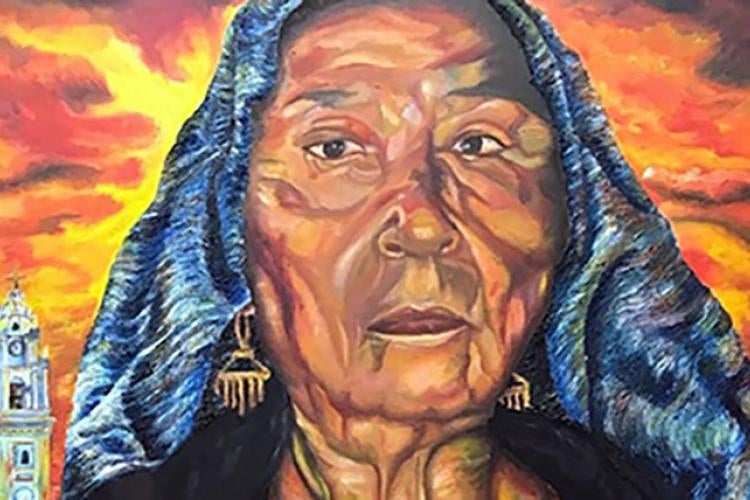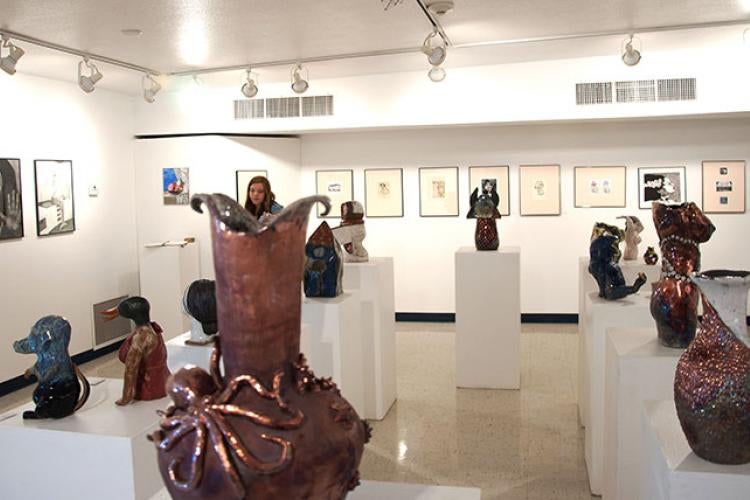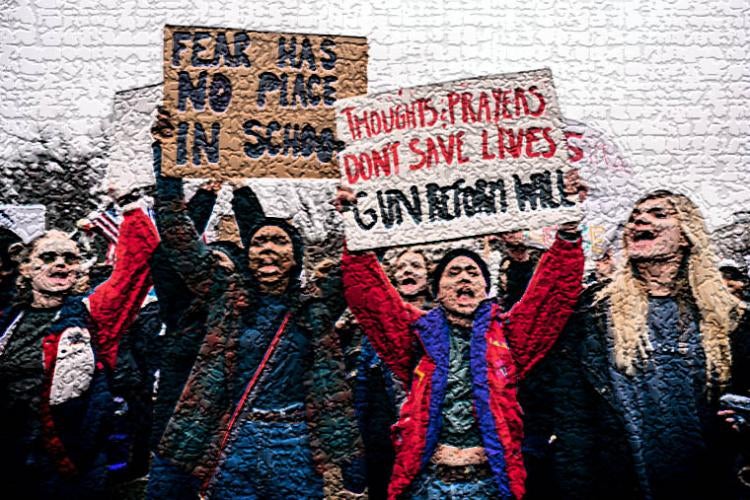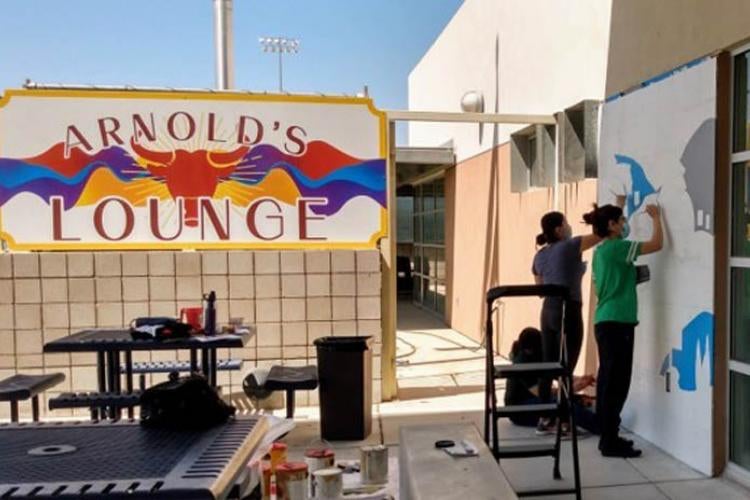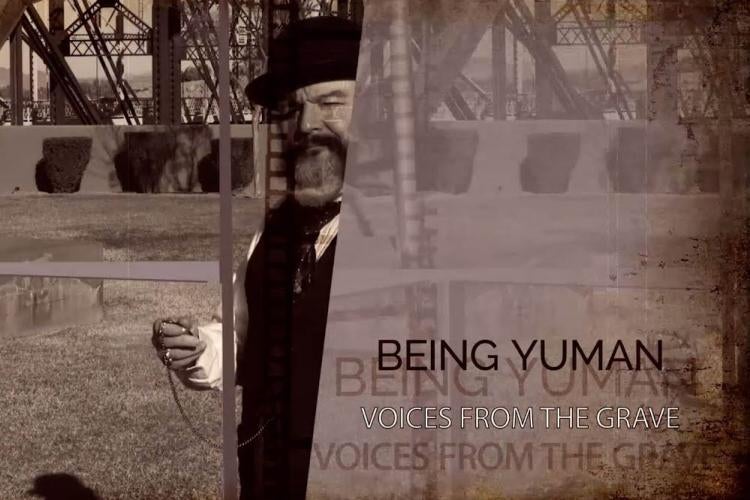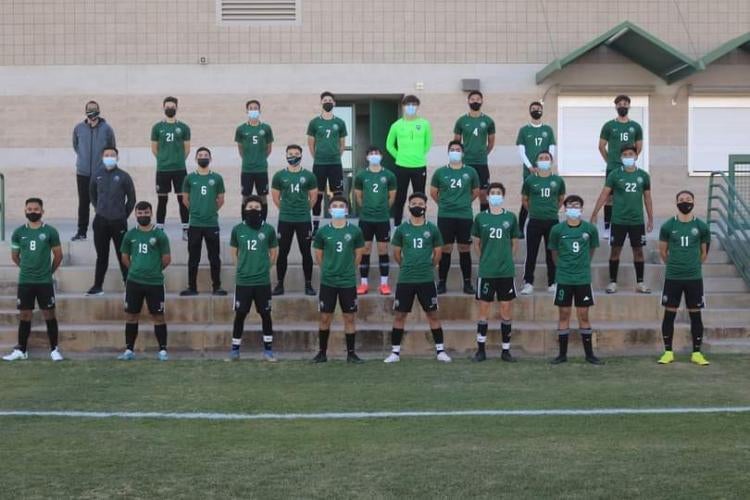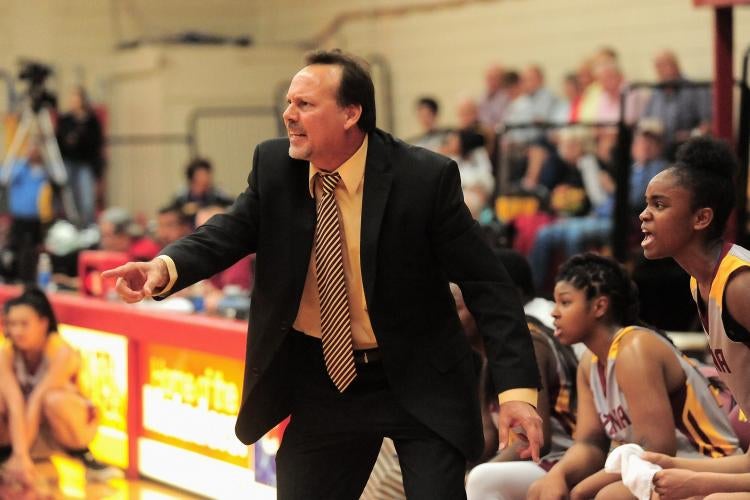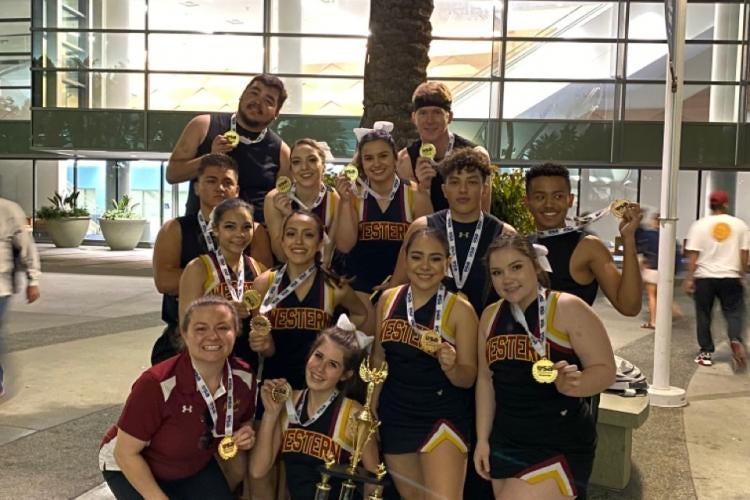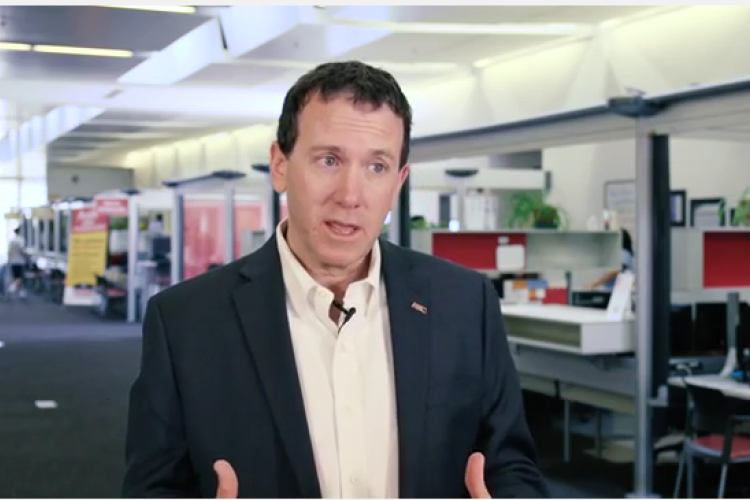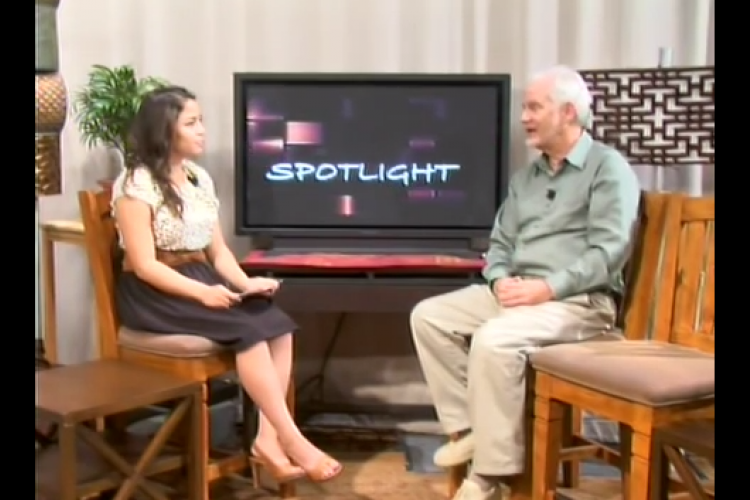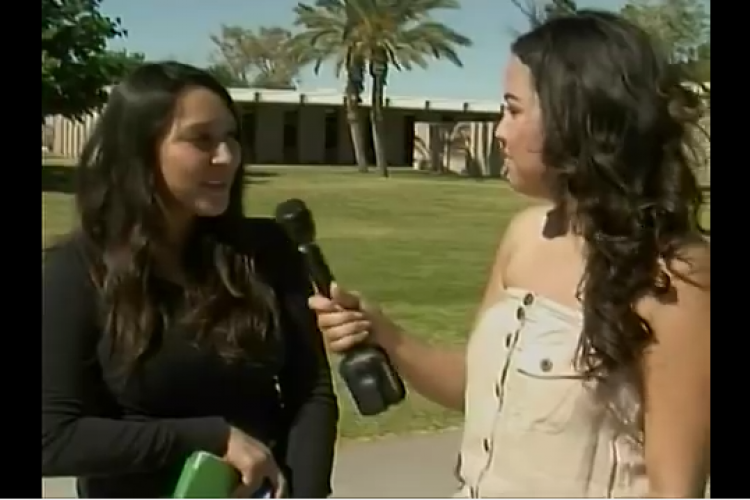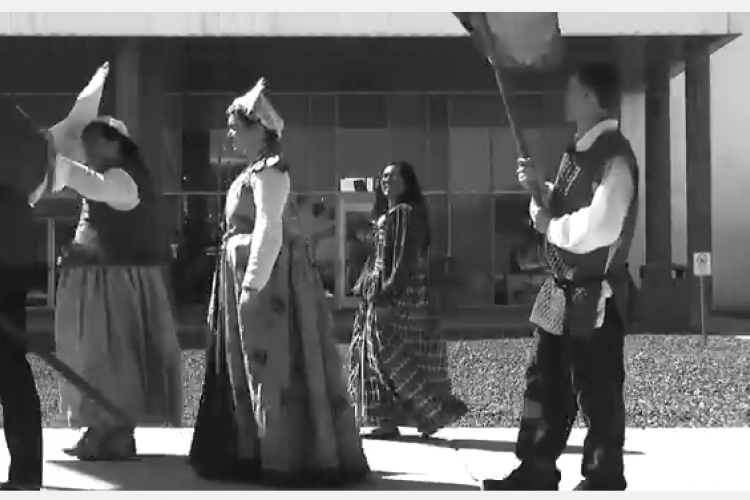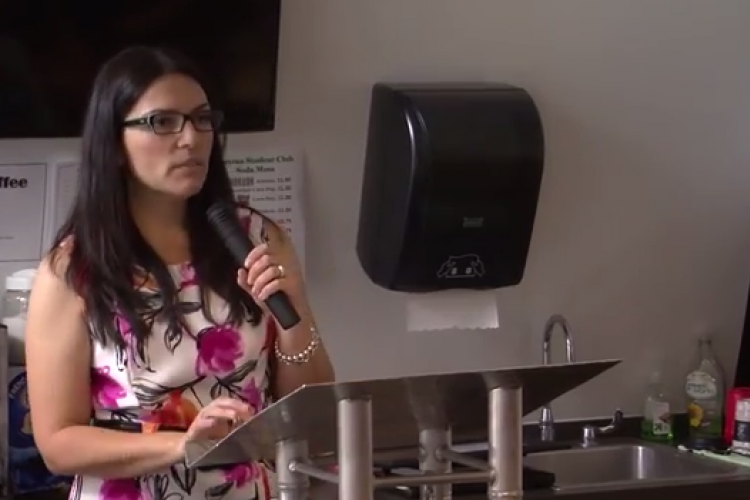
By Monica Perez
Violence on campus is a real thing. A club that is dedicated to raising awareness and is proactive about preventing violence at Arizona Western College is Mentors of Violence Prevention (MVP). They also raise awareness on students' rights pertaining to this, most importantly the federal law known as Title IX.
The club is run by the coordinators of the Health and Wellness center Olivia Haupt and Sonnet Nelson.
"We're a club that helps promote strong healthy relationships and we're committed to helping all students have a safe and healthy college experience," said Nelson.
What is the law?
Title IX is a landmark federal civil rights law prohibiting gender-based discrimination. Most students haven't heard of Title IX, and those who have believe it only applies to discriminations in sports. Title IX also prohibits sexual harassment and sexual violence, and it protects all gender orientations, not just women.
Title IX states that schools must be proactive in stopping gender-based discrimination, and they must have an established procedure to handle discrimination and violence. They must take immediate action to ensure survivors of attacks can continue their education safely. Schools cannot retaliate or allow retaliation against the survivor. Schools are prohibited from allowing informal mediation in place of a formal hearing.
Title IX also states that schools are allowed to issue a no-contact directive, similar to a restraining order, against the perpetrator. Under Title IX the survivor has the right to remain on campus and have access to all educational programs and opportunities.
Title IX was passed on June 23, 1972, by the 92nd U.S. Congress. It's been 43 years now and students' knowledge about this law is not as prevalent as it should be.
"It's important for students to know about the rights they have so that, whatever happens to the them, they don't think it's normal and okay," said Haupt.
The most important thing about Title IX is preventing violence and discrimination. This responsibility does not just fall to the educational institution, however. As members of the AWC community, all students must be pro-active about keeping the campus safe and violence free.
Getting involved
The club meets every Tuesday from 2-3 pm in Cottage #1 on campus. Everyone is welcome to join.
Even if students are not able to join the club, there are other things that can be done to help stop and prevent discrimination and violence on campus.
Students can educate themselves. It is important that they learn about rights and policies in place for their protection. There are plenty of resources available on and off campus, and knowing about them can enable student to seek help in case they find themselves, or a friend in a situation that that would call for their use. The resources are there for their benefit and are dedicated to helping survivors.
Students can also become more aware to their surroundings. They could watch out for each other and trust their instincts. If something doesn't seem right, they should alert someone about it. As they say around the center, "No one has to do everything, but everyone should do something."
On Campus Resources
- Residential Life 928-344-7579
- Campus Life 928-344-7576
- Student Health and Wellness 928-344-7602
- Title IX Coordinator and Compliance Officer 928-344-7505 Nurse Wise (24 Hour Crisis Line) 1(877) 613-2074
- Campus Police 928-314-9500 Catholic Community Service (Safe House) 928-782-0077
Off-Campus Resources
- Amberly's Place (24 Hour Advocacy Center) 928-373-0849
- Heaven Family Resource Center (24 Hour Hotline) 928-373-0849
- Community Intervention Associates (24 Hour Hotline) 928-376-0026
- Nurse WIse (24) Hour Crisis Line) - 1(877) 613-2074
- Catholic Community Service (Safe House) - 928 782-0044
- Safehouse (24 Hour Crisis Shelter) 928-782-0044
- Yuma Police Department 928-783-4421

